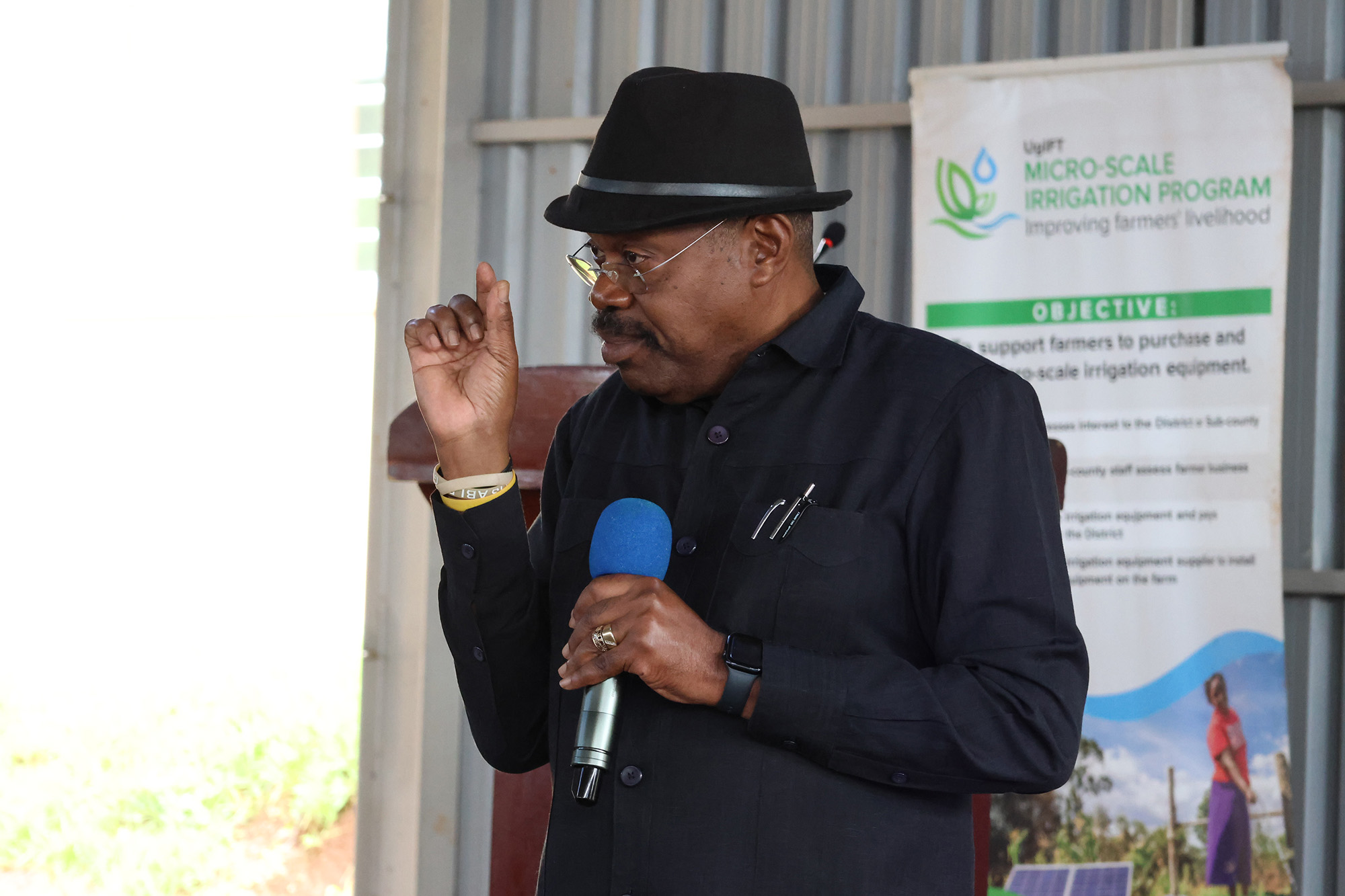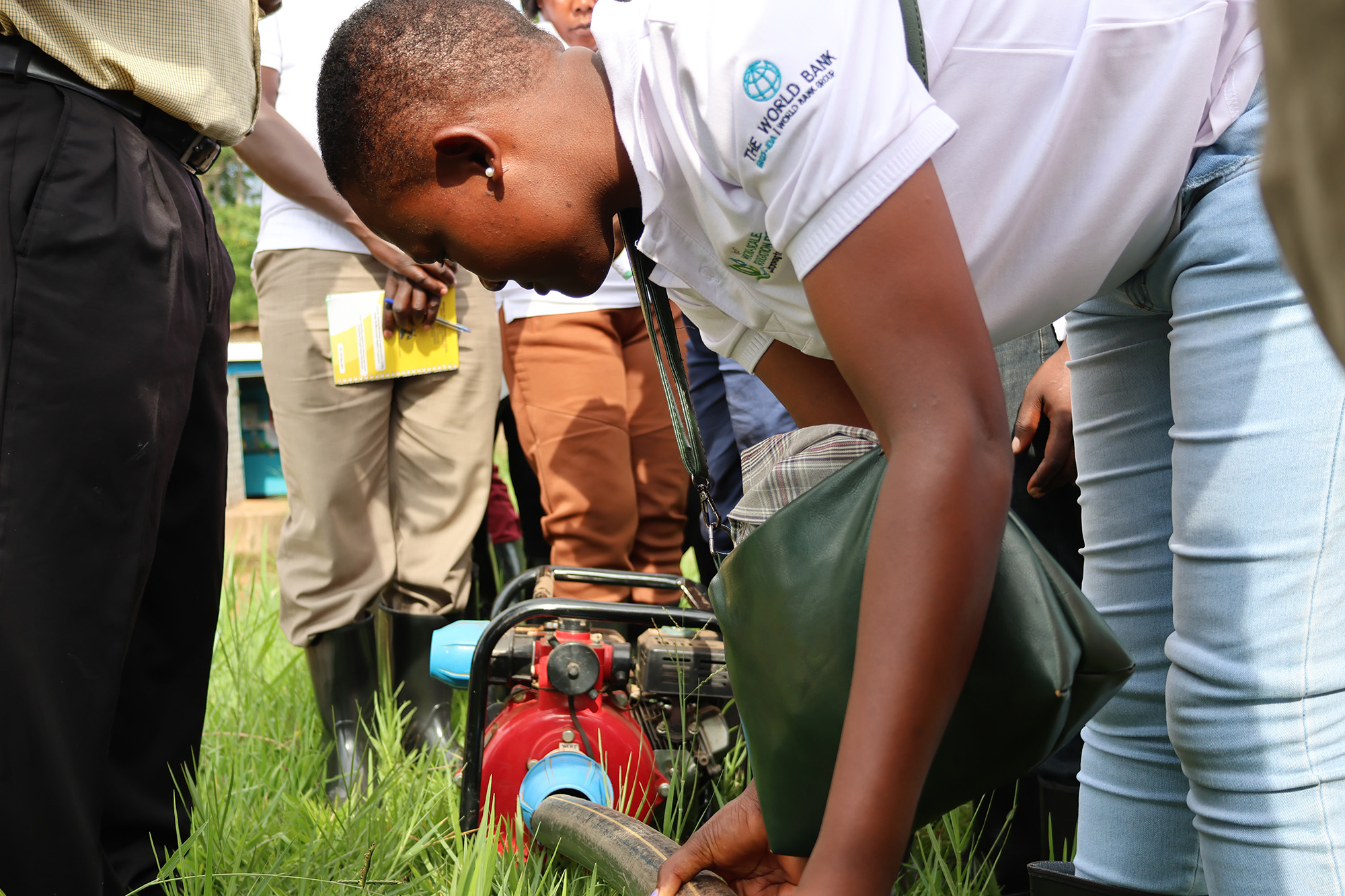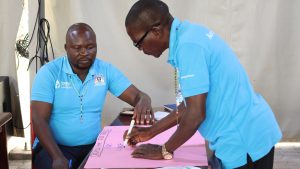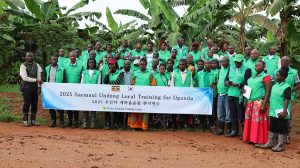Theme: Promoting Irrigation for Improved Agricultural Productivity Through Farmer Field Schools.

In his remarks, the Permanent Secretary extended warm welcome to the closing ceremony of the training workshop on implementing farmer field schools in the Microscale Irrigation Program. It’s a pleasure to oversee the official conclusion of this training, organized by the Ministry of Agriculture, Animal Industry, and Fisheries, along with partners, including the World Bank, NFLC, and AFAAS.
As we are all aware, our planet faces the impact of climate change, necessitating farmers to adopt new practices for resilience. Agricultural extension services play a crucial role in guiding farmers through various stages of farming, including Farmer Field Schools, which offer practical training over a season.
The Microscale Irrigation Program has been ongoing for the last two fiscal years, focusing on awareness, farm visits, and procurement of irrigation equipment. With lessons learned from the initial phase, we’re now implementing improvements across 95 local governments.
Notably, many local governments, particularly Phase 1 LGs, have already acquired irrigation equipment, benefiting 1600 farmers. However, to maximize productivity, farmers require robust extension services, which will be provided through an intensive farmer field school program under the Microscale Irrigation Program.
This week, we’ve trained 50 participants from 18 Phase 2 LGs, preparing them to facilitate farmer field schools. The training serves two main purposes: refreshing knowledge on farmer field schools and providing insights into irrigated agriculture.
After the training, participants will disseminate their knowledge to local communities, ensuring sustainable agricultural practices and improved livelihoods.




